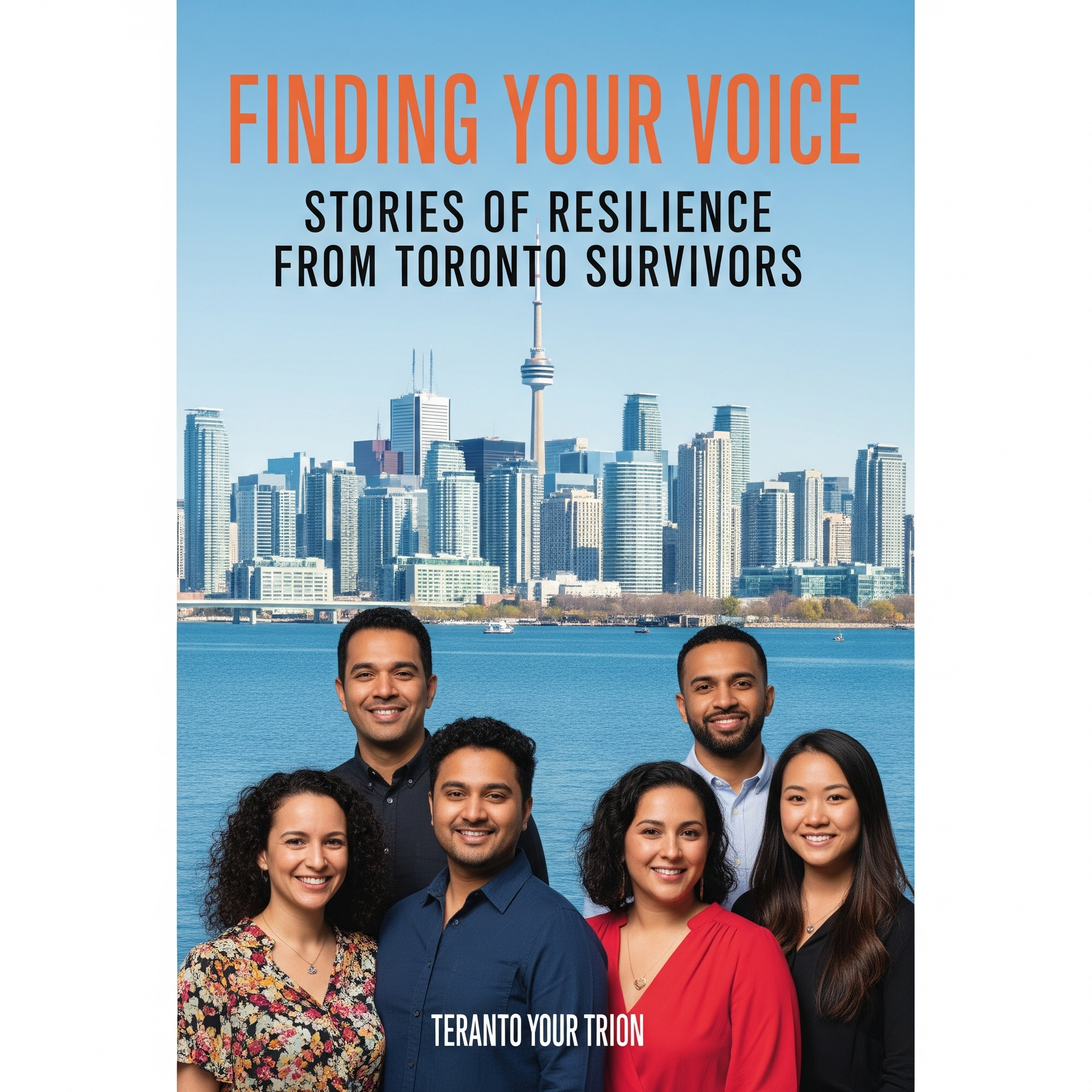Finding Your Voice: Stories of Resilience from Toronto Survivors
A blog post highlighting the resilience of survivors in Toronto and the importance of finding and sharing their voices, along with information on relevant support resources in the city.

Finding Your Voice: Stories of Resilience from Toronto Survivors
Toronto’s diverse communities are woven together by the strength of individuals who have faced adversity and emerged more resilient. By sharing their stories, survivors not only reclaim their own voice but also light the way for others. This post highlights the power of storytelling, showcases various paths to resilience, and provides resources for survivors seeking connection and support in Toronto.
The Power of Shared Stories
- Breaking Isolation: Hearing others’ experiences reminds survivors they are not alone and validates their feelings.
- Inspiring Hope: Personal narratives demonstrate that recovery and growth are possible.
- Driving Change: Survivor voices influence community awareness, policy discussions, and social attitudes.
Paths to Resilience in Toronto
Community Activists
- Advocacy in Action: Survivors lead grassroots initiatives and speak at city forums to shape safer neighbourhoods.
- Policy Impact: Engagement in consultative committees helps inform domestic violence and mental health policies.
Artists and Creators
- Creative Expression: Writers, musicians, and visual artists translate trauma into art that fosters healing and empathy.
- Public Exhibitions: Showcase of survivor-led projects at local galleries and festivals amplifies diverse voices.
Everyday Heroes
- Quiet Courage: Parents, neighbours, and volunteers who balance healing with daily responsibilities reflect profound strength.
- Community Builders: Organizing support circles and neighbourly outreach strengthens social cohesion.
Finding Support and Sharing Your Story
- Support Groups: Join peer circles at organizations like Centre for Addiction and Mental Health (CAMH) and Safe Centre Toronto for guided sharing.
- Community Centres: Attend storytelling workshops and open-mic events at local libraries and cultural hubs.
- Advocacy Organizations: Connect with groups such as the Toronto Coalition to End Violence for volunteer and leadership opportunities.
- Creative Workshops: Enroll in creative writing or digital storytelling classes offered through VIBE Arts and other non-profits.
How to Begin Your Own Narrative
- Choose Your Medium: Writing, audio recording, visual art, or performance—select what feels authentic.
- Find a Safe Space: Attend facilitated workshops or online forums with moderation and confidentiality.
- Set Your Boundaries: Share at your comfort level; participation is voluntary and you control the pace.
- Seek Feedback: Join critique circles or peer groups to refine your story and build confidence.
- Celebrate Your Progress: Recognize each milestone, from first draft to public presentation, as an achievement.
Key Resources in Toronto
- Safe Centre Toronto: Confidential support groups and crisis intervention services.
- Toronto Public Library’s Creative Workshops: Free writing, art, and storytelling sessions.
- Toronto Coalition to End Violence: Advocacy training and community action opportunities.
- CAMH Peer Support: Peer-led programs for mental health and trauma recovery.
Conclusion
Finding your voice is a journey of empowerment—through storytelling, community engagement, and creative expression, survivors in Toronto build resilience and shape a more compassionate city. Your story matters; by sharing it, you contribute to a chorus of strength that unites us all.
